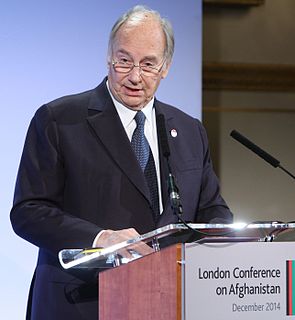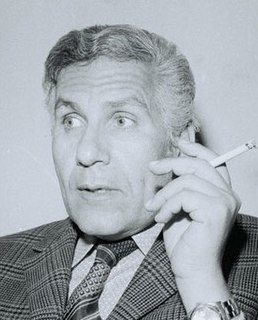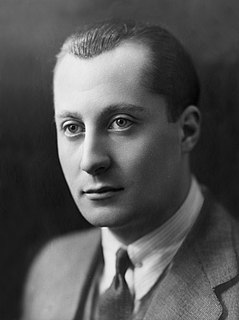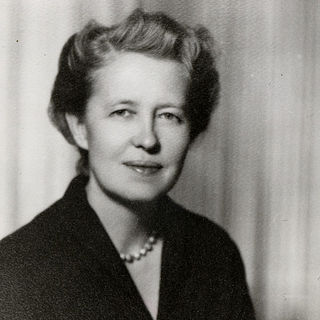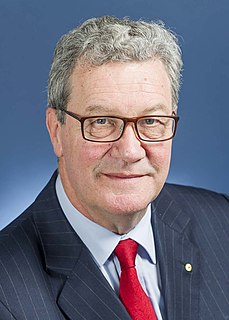A Quote by Beryl Markham
No human pursuit achieves dignity until it can be called work.
Related Quotes
For us democracy is a question of human dignity. And human dignity is political freedom, the right to freely express opinion and the right to be allowed to criticise and form opinions. Human dignity is the right to health, work, education and social welfare. Human dignity is the right and the practical possibility to shape the future with others. These rights, the rights of democracy, are not reserved for a select group within society, they are the rights of all the people.
We tend to suffer from the illusion that we are capable of dying for a belief or theory. What Hagakure is insisting is that even in merciless death, a futile death that knows neither flower nor fruit has dignity as the death of a human being. If we value so highly the dignity of life, how can we not also value the dignity of death? No death may be called futile.
Still - and for all Obama's heavy hinting to the contrary - Islam has no "human rights." The ideas of individual rights and the dignity of man are distinctly Western, an outgrowth of the Enlightenment. And while dialogue is dignified; dhimmitude is not, even if it achieves a desired, if temporary, effect.
But the dignity of human life is unbreakably linked to the existence of the personal-infinite God. It is because there is a personal-infinite God who has made men and women in His own image that they have a unique dignity of life as human beings. Human life then is filled with dignity, and the state and humanistically oriented law have no right and no authority to take human life arbitrarily in the way it is being taken.
Our values are defined by what we will tolerate when it is done to others. Everyone's sense of virtue is degraded by the present reality. A revolutionary principle is embedded in the global economic system, awaiting broader recognition: Human dignity is indivisible. Across the distances of culture and nations, across vast gulfs of wealth and poverty, even the least among us are entitled to dignity, and no justification exists or brutalizing them in the pursuit of commerce.
In a revolutionary age talk of equality may well have represented a passion to provide full human dignity to those who had previously been denied it by systems of political and economic domination; but in the present age it softens the spiritual requirements that are an essential ingredient in human dignity. Thus the slogans of equality serve not so much to elevate individuals to the dignity of being human as to free them from the responsibility of rising to this vocation.


